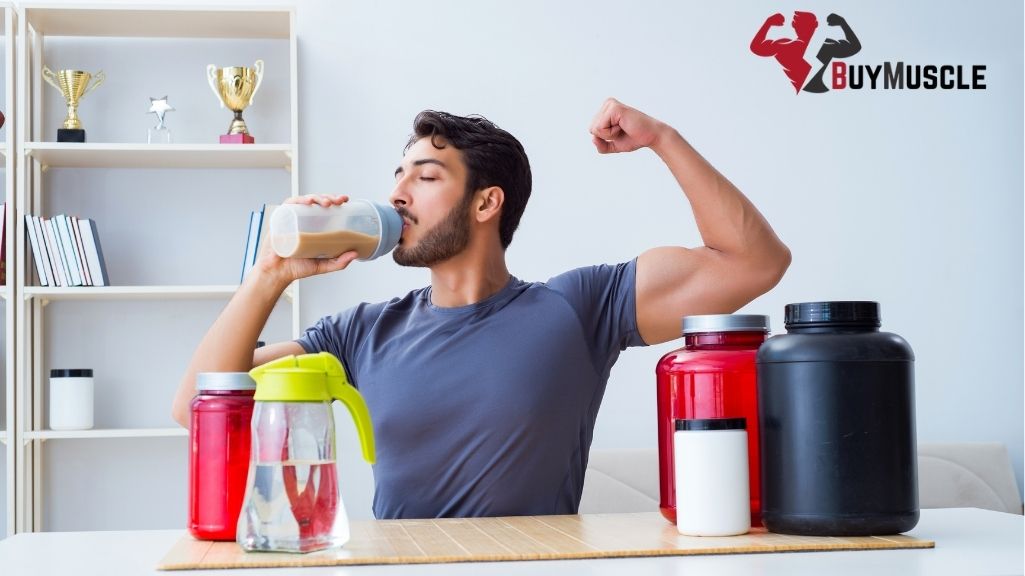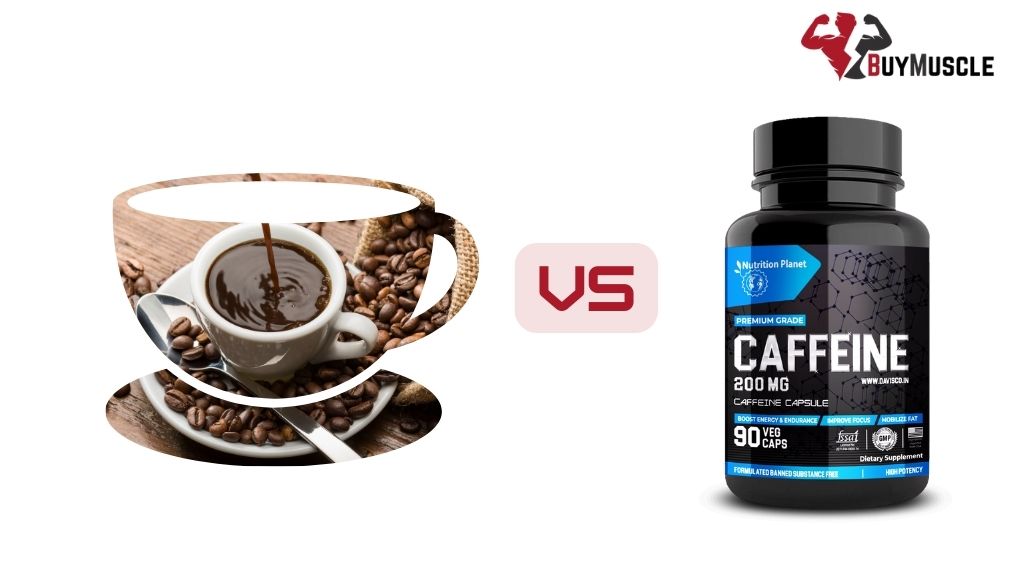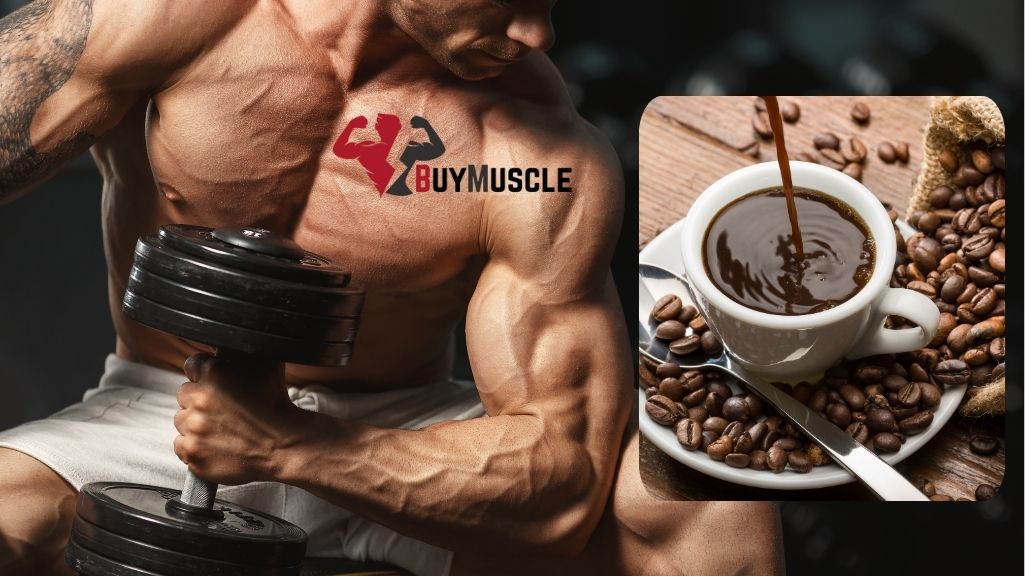Step into any gym early in the morning or late at night, and you’ll likely see a familiar ritual: bodybuilders sipping coffee before workouts. Whether it’s a simple black brew or a complex espresso blend, coffee remains a staple in the fitness world.
But it raises an important question: Does caffeine help or hurt muscle gains? This article explores the science and habits behind caffeine use in bodybuilding, uncovering how it influences training, growth, and recovery.
Why Bodybuilders Drink Coffee
Coffee is a quick and effective energy boost, and many bodybuilders love it as a pre-workout drink. It stimulates the central nervous system to become more alert and motivated before a demanding session.
Coffee is easily accessible. It doesn’t have to be mixed or measured like some pre-workout supplements—it’s a quick way to start your training day. Most athletes like coffee mainly because it helps with mental focus during intense strength training.
How Caffeine Affects Physical Performance
Caffeine ranks among the most extensively studied performance-enhancing substances. Caffeine reduces perceived exertion so that workouts may feel less taxing even at high intensities. It helps athletes push harder and train longer.
Caffeine also increases endurance and strength output. Because it increases adrenaline synthesis and neuromuscular function, it supports heavy lifts and long-duration exercise. It also increases training volume and intensity for bodybuilders, two key factors of hypertrophy.
Caffeine’s Role in Muscle Growth
While caffeine does not directly trigger muscle growth in the way that anabolic hormones or resistance training do, it indirectly contributes by optimizing performance. Better workouts lead to greater training stimulus, which is essential for hypertrophy.
There is some evidence that caffeine may influence muscle protein synthesis pathways, although the effect appears to be minimal compared to resistance training or dietary protein.
Its main role in muscle development is helping athletes push through tougher workouts and recover more efficiently, which sets the stage for optimal growth.
Benefits of Caffeine for Bodybuilders

Beyond energy and focus, caffeine has some physiological benefits for bodybuilding. It encourages fat oxidation so that the body can use fat for energy during training, and it can aid lean muscle retention during cutting phases.
Caffeine also awakens the central nervous system to increase muscle contraction and response. Some studies suggest that it may speed up glycogen replenishment after intense workouts to aid in recovery and maintain training frequency.
When used right, caffeine is a great complement to a structured training and nutrition program.
Potential Downsides and Risks
Caffeine has risks, too. The biggest risk is tolerance: frequent use may impair effectiveness and require greater doses to achieve the same effect, resulting in excessive consumption and dependency.
Too much caffeine during the day can also impair sleep quality. Sleep deprivation impacts recovery, hormone balance, and muscle repair—all critical processes in bodybuilding.
Overuse may cause jitteriness, increased heart rate, or dehydration unless balanced with adequate water intake. Like any supplement, use caffeine sensibly and according to individual tolerance.
Timing and Dosage for Optimal Results
For most individuals, the ideal time to consume caffeine is 30 to 60 minutes before training. It allows blood caffeine levels to peak around the time of greatest physical effort.
Effective dosing typically ranges from 3 to 6 milligrams per kilogram of body weight. Depending on tolerance and goal, a 90 kg athlete might take between 270 and 540 mg of caffeine.
To maintain sensitivity, many athletes practice caffeine cycling, which involves periods of reduced intake or abstinence to prevent adaptation. It helps preserve the performance-enhancing effects of caffeine over time.
Coffee vs Caffeine Supplements

While coffee and caffeine supplements both deliver the stimulant, they differ in several ways. Coffee includes additional bioactive compounds like antioxidants, which may provide health benefits beyond energy. However, the caffeine content varies widely depending on the type and method of coffee preparation.
In contrast, caffeine pills or powders offer precise dosing and consistency. Athletes who need strict control over their intake, especially during competition prep, may prefer them.
Ultimately, the choice between coffee and supplements depends on personal preference, convenience, and individual response.
Real-World Habits: Do Pro Bodybuilders Use It?
Professional bodybuilders frequently incorporate caffeine into their routines, both during the offseason and in competition prep. Coaches and athletes often report using coffee or caffeine supplements as part of their pre-workout ritual.
Caffeine’s ability to enhance mental clarity, physical power, and endurance makes it a valuable ally during rigorous training blocks. Many competitors also rely on it to manage energy levels during calorie deficits or peak week preparation.
Its widespread use among elite athletes underscores its importance in modern bodybuilding. While not a magic solution, caffeine remains a trusted aid in helping lifters train with more intensity and precision.
Frequently Asked Questions
Do bodybuilders drink coffee before working out?
Yes, many bodybuilders consume coffee before training to benefit from caffeine’s energy-boosting and performance-enhancing effects.
Does caffeine help muscle growth?
Caffeine does not directly cause muscle growth but supports it by improving workout quality, allowing for greater intensity and training volume.
Can coffee replace pre-workout supplements?
Due to its caffeine content, coffee can serve as a natural pre-workout, though it may lack additional ingredients found in commercial pre-workouts, such as beta-alanine or creatine.







